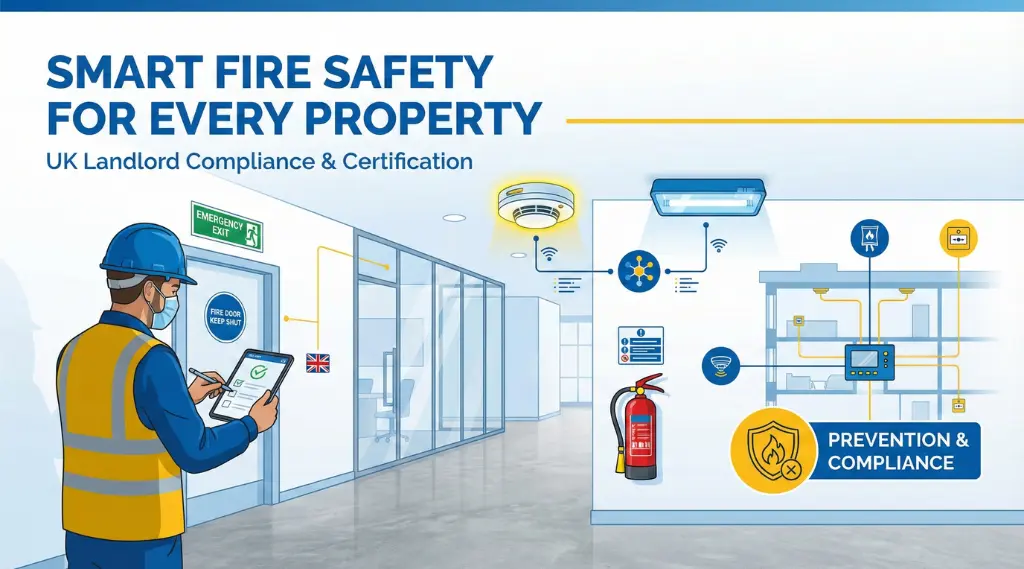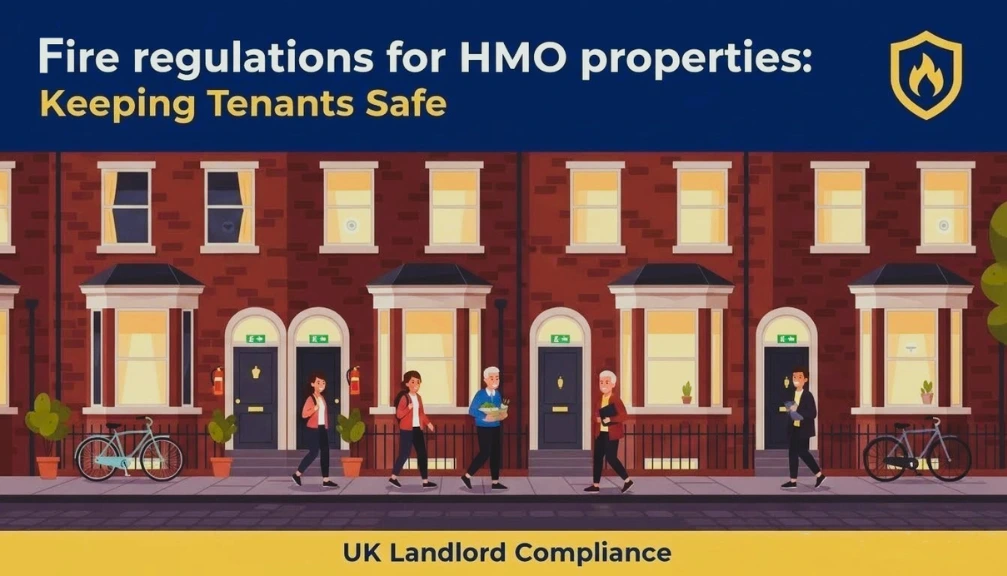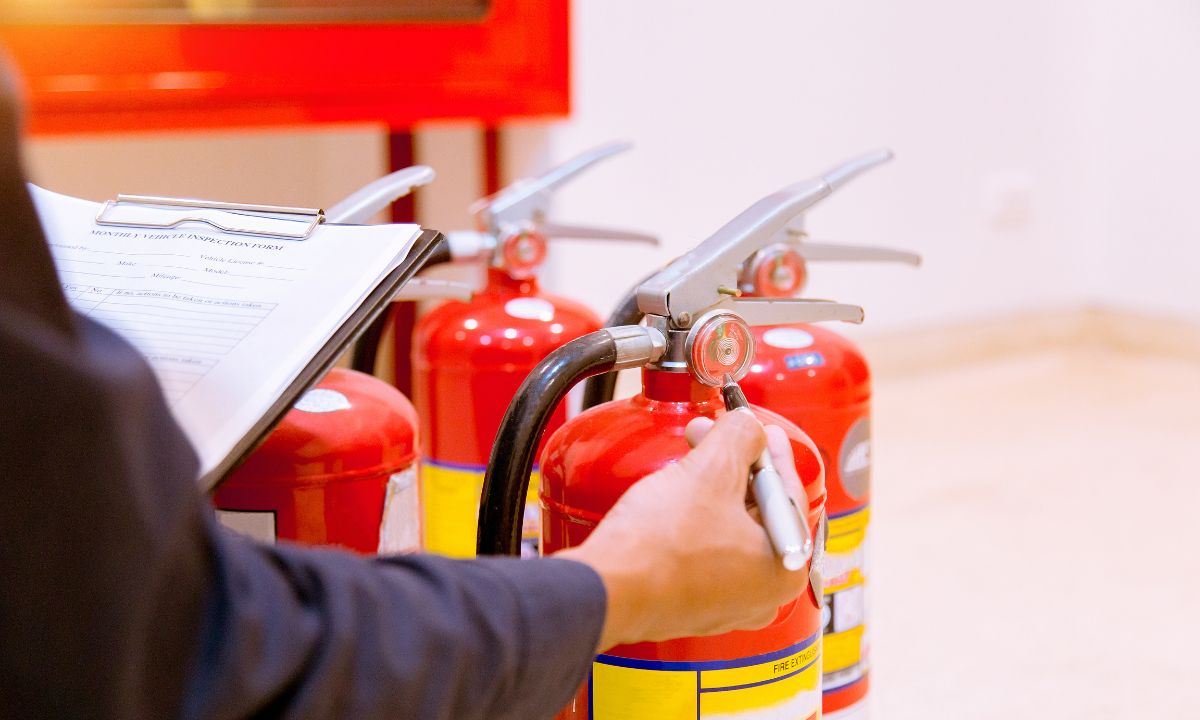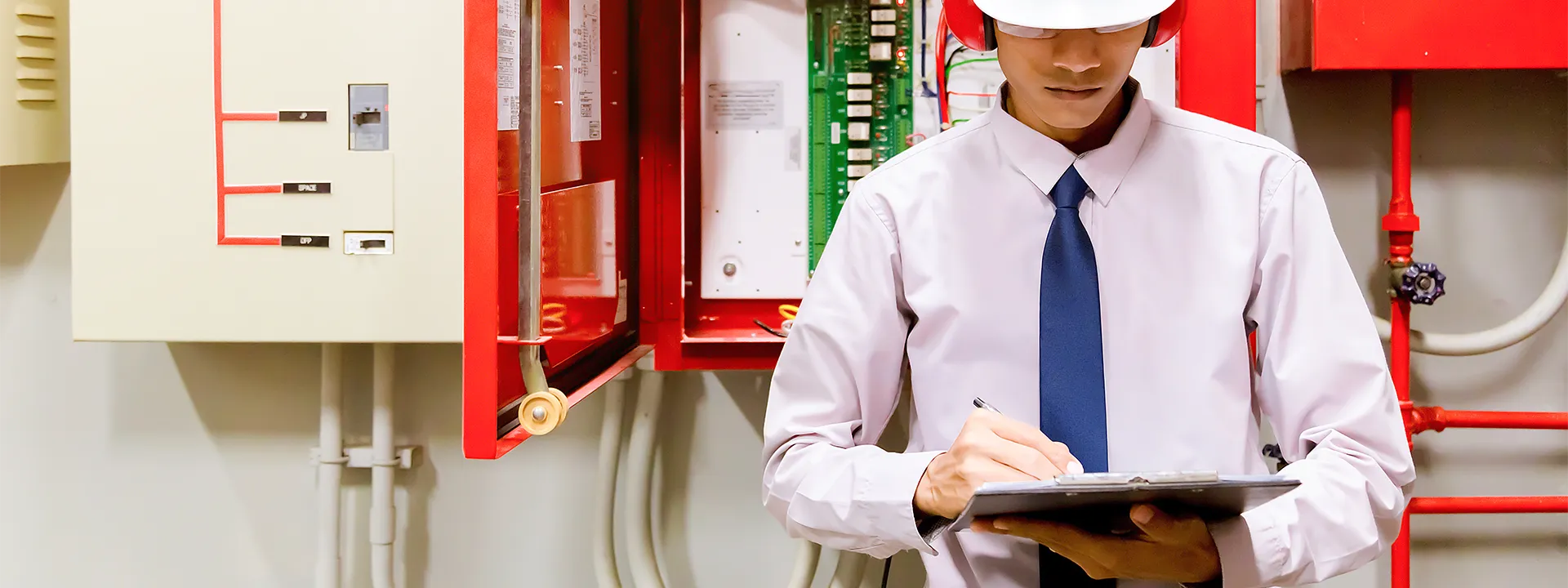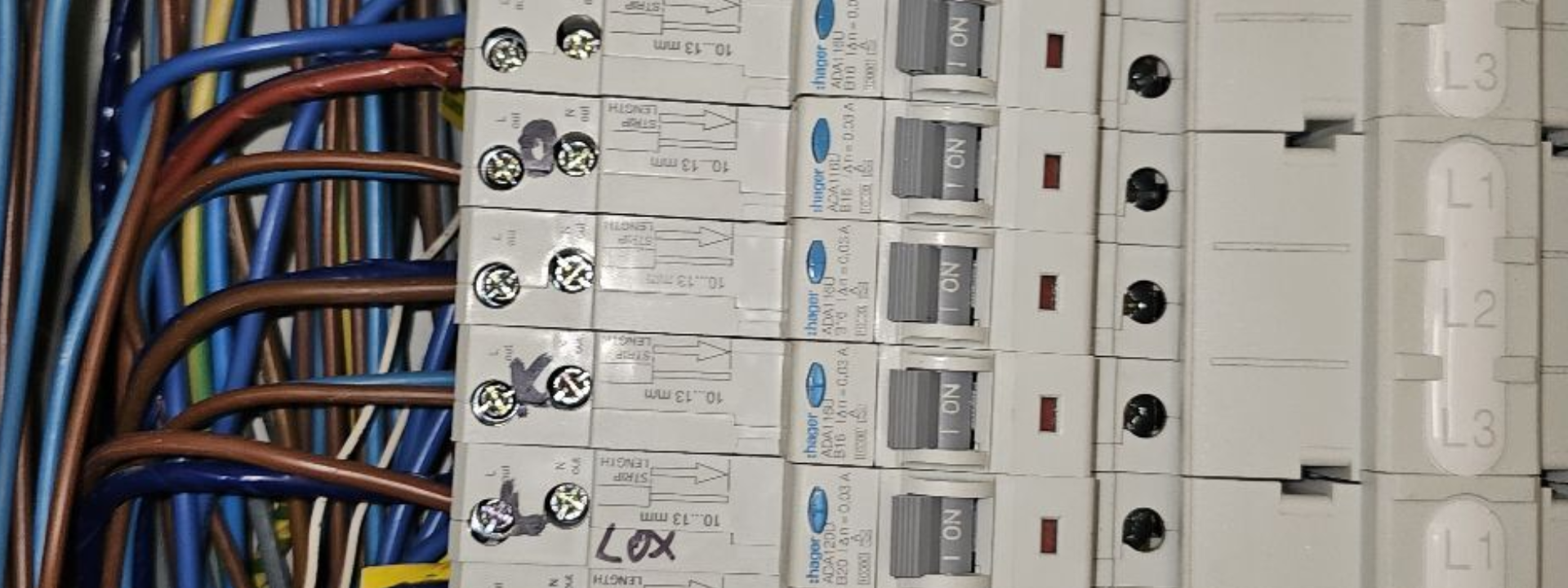Ensuring the safety of tenants in rental properties is a paramount responsibility for landlords. One of the key tools in achieving this goal is the use of Landlord Safety Certificates. These certificates, which include Gas Safety Certificates and Electrical Safety Certificates, play a critical role in maintaining a secure living environment. In this discussion, we will delve into the legal requirements for landlords, the specifics of Gas and Electrical Safety Certificates, the implications for tenant well-being, property value, insurance, and the importance of preventive maintenance.
Legal Requirements
Landlords are bound by a set of legal obligations aimed at ensuring the safety of their tenants. Two primary areas of concern are gas and electrical safety. The Gas Safety (Installation and Use) Regulations 1998 mandate landlords to conduct annual gas safety checks by a Gas Safe registered engineer. This requirement applies to all gas appliances and flues provided by the landlord, even those in communal areas. Failure to comply with these regulations can result in serious legal consequences, including fines and imprisonment.
Similarly, the Electrical Safety Standards in the Private Rented Sector (England) Regulations 2020 dictate that landlords must ensure that electrical installations in their properties are inspected and tested by a qualified person at least every five years. This includes obtaining an Electrical Installation Condition Report (EICR). Non-compliance can lead to severe penalties, and in the worst cases, it may jeopardize the safety of tenants.
Gas Safety Certificates
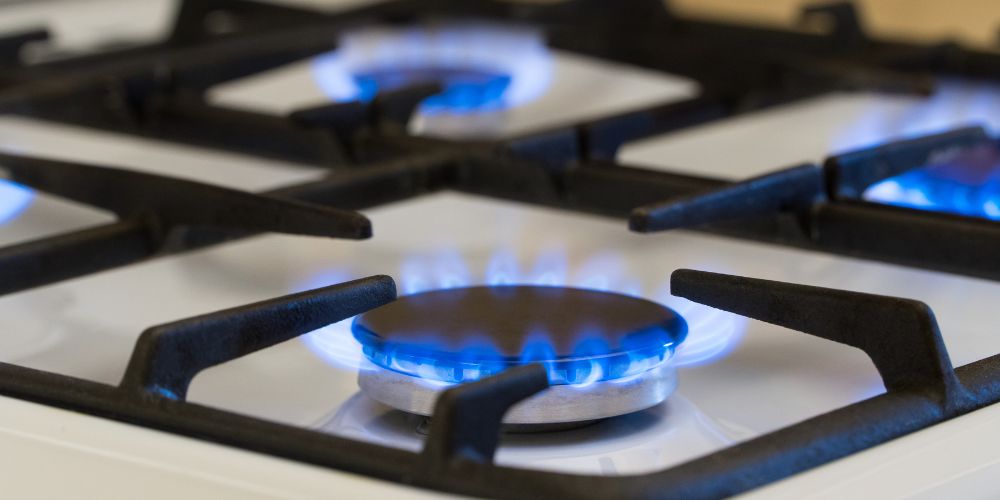
Gas Safety Certificates are a crucial component of a landlord’s obligation to provide a safe living space. Regular gas safety checks are essential to identify and rectify potential gas-related issues. Gas appliances, such as boilers and ovens, can pose serious risks if they are faulty or not properly maintained. Carbon monoxide leaks, gas explosions, and fires are potential consequences of neglecting gas safety.
Aside from the obvious safety concerns, there are legal consequences for landlords who fail to comply with gas safety regulations. Local authorities have the power to enforce compliance, and penalties for non-compliance can be severe. In the worst cases, imprisonment is a possibility. Therefore, beyond the ethical imperative, there is a compelling legal obligation for landlords to prioritize regular gas safety inspections.
To highlight the real-world impact of gas safety negligence, consider a case where a landlord fails to conduct a gas safety check, leading to a carbon monoxide leak. Such a scenario could result in serious harm to tenants, including long-term health issues or even fatalities. Legal repercussions for the landlord would be severe, potentially resulting in criminal charges and substantial financial penalties.
Electrical Safety Certificates
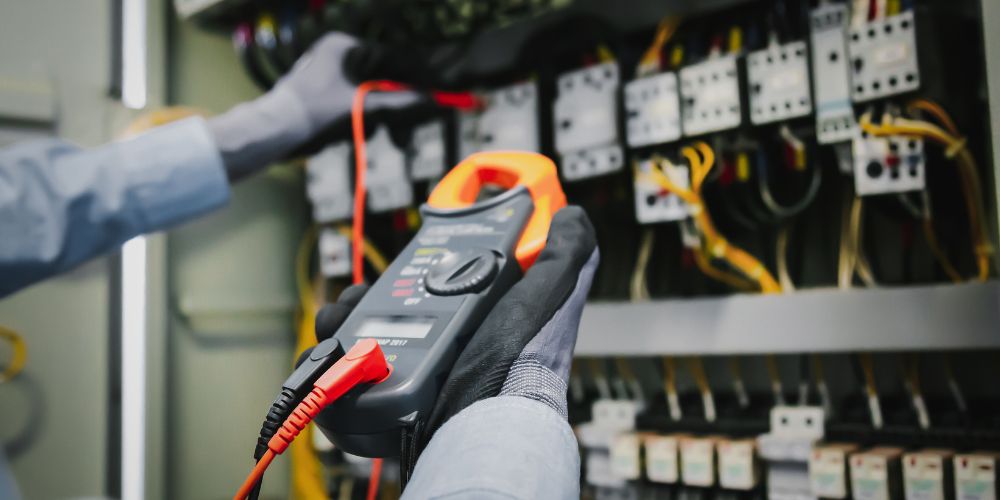
Electrical safety is another critical aspect of ensuring the well-being of tenants. The mandatory electrical inspections, including the issuance of Electrical Installation Condition Reports (EICRs), are designed to identify and rectify electrical faults that could pose a danger to residents.
Electrical faults in a rental property can lead to a variety of risks, including electrical fires and electric shocks. Unlike other issues that may be immediately apparent, electrical faults can be hidden, making regular inspections all the more important. By addressing potential electrical hazards proactively, landlords can protect their tenants and themselves from the devastating consequences of electrical incidents.
Failure to comply with electrical safety regulations can result in legal consequences similar to those associated with gas safety. Penalties may include fines and, in extreme cases, imprisonment. Additionally, non-compliance may lead to difficulties in claiming insurance in the event of an electrical-related incident.
Further Reading: EICR Pre-Inspection Checklist
Tenant Well-being
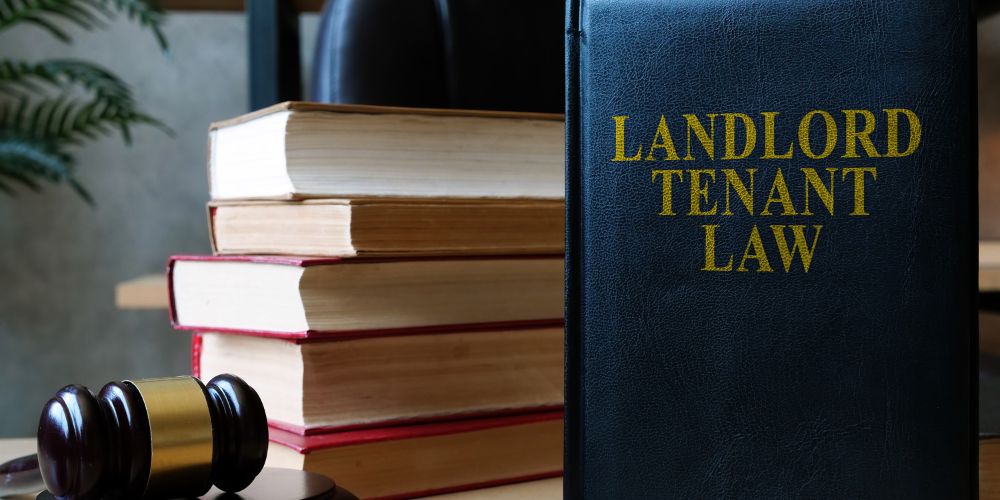
The relationship between safety certificates and tenant well-being is direct and substantial. Tenants have the right to live in a property that is safe and free from potential hazards. Landlord Safety Certificates provide tenants with assurance that the property has been inspected, and necessary safety measures have been implemented.
The importance of tenant well-being goes beyond legal and ethical considerations. Satisfied tenants are more likely to stay longer, reducing turnover for landlords. A property with a reputation for safety is also more attractive to potential tenants, contributing to a positive rental experience and fostering a sense of trust between landlords and renters.
Consider a scenario where a landlord prioritizes safety measures, regularly conducts inspections, and promptly addresses any issues. In this case, tenants feel secure in their homes, and the landlord builds a positive reputation for maintaining safe properties. This not only creates a harmonious living environment but also contributes to the long-term success of the rental business.
Property Value and Marketability
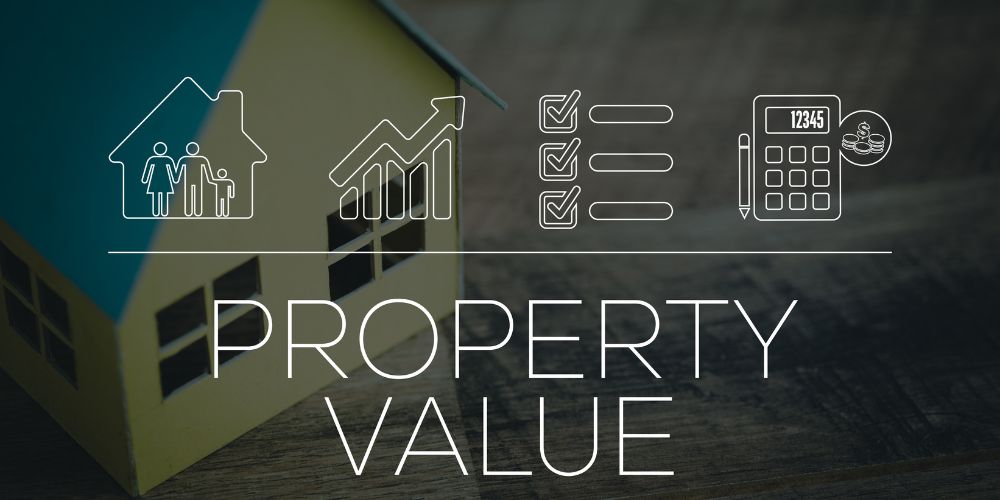
The impact of safety certificates on property value and marketability is a crucial consideration for landlords. A property that meets or exceeds safety standards is likely to have a higher market value. Prospective tenants are increasingly prioritizing safety when searching for rental properties, and having up-to-date safety certifications can be a significant selling point.
Moreover, safety-conscious landlords are more likely to attract responsible tenants who value and respect the property. This can lead to lower incidents of property damage and a generally more positive tenant-landlord relationship. Ultimately, properties with a track record of safety and compliance are more marketable and can command higher rental prices.
To illustrate this point, consider two similar rental properties—one with up-to-date safety certificates and another without. The property with safety certifications is likely to attract tenants more quickly and may even allow the landlord to charge a premium for the added assurance of safety. In contrast, the property without safety certificates may face challenges in attracting tenants and may need to lower rental prices to compensate for safety concerns.
Insurance Implications
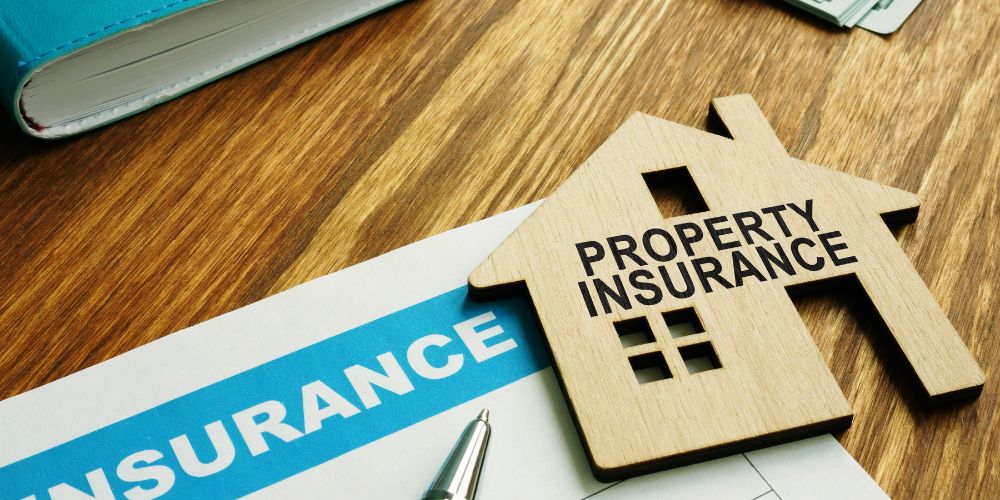
Insurance companies recognize the importance of safety certifications in mitigating risks. Landlords with up-to-date safety certificates are viewed as responsible property owners, which can positively impact insurance coverage. In the event of an incident, insurance claims are more likely to be successful if the property is in compliance with safety regulations.
Conversely, a lack of or expired safety certificates may result in insurance claims being denied or delayed. Insurance companies expect landlords to meet certain safety standards, and failure to do so may be considered negligence. This can lead to significant financial losses for landlords who assumed they were protected by insurance.
Consider a situation where a property experiences a fire due to an electrical fault. If the landlord can provide evidence of regular electrical safety inspections and compliance with regulations, the insurance claim is more likely to be processed smoothly, covering the damages. On the other hand, a landlord without proper safety certifications may find their claim denied, leaving them responsible for the full extent of the damages.
Maintenance and Prevention
Landlord Safety Certificates not only serve as a regulatory requirement but also play a crucial role in proactive maintenance and prevention. Regular inspections allow landlords to identify and address potential issues before they escalate into major problems. This not only safeguards the well-being of tenants but also protects the landlord’s investment by preventing costly repairs and potential legal consequences.
By staying ahead of safety concerns, landlords can maintain the overall condition of their properties and avoid emergency situations. For example, a routine gas safety inspection may identify a small leak that, if left unaddressed, could lead to a dangerous situation. Prompt repair not only ensures the safety of the tenants but also prevents the need for more extensive and expensive repairs in the future.
Landlords should adopt a mindset of preventive maintenance, viewing safety inspections as an integral part of property management. This approach not only fulfills legal obligations but also demonstrates a commitment to providing a secure and habitable living environment for tenants.
Conclusion
In conclusion, the importance of Landlord Safety Certificates cannot be overstated. Beyond being a legal requirement, these certificates are instrumental in safeguarding the well-being of tenants, protecting property value, enhancing marketability, and securing insurance coverage. Landlords who prioritize safety through regular inspections and maintenance not only fulfill their legal obligations but also contribute to the overall success and sustainability of their rental business. As the rental market becomes increasingly competitive, safety certifications stand out as a fundamental element in building trust with tenants and ensuring the long-term viability of rental properties.

